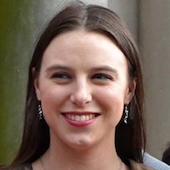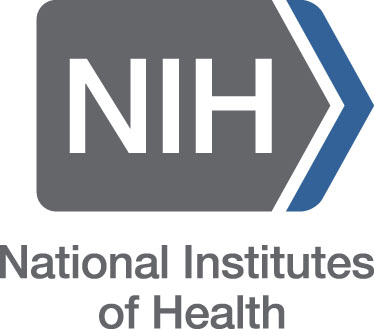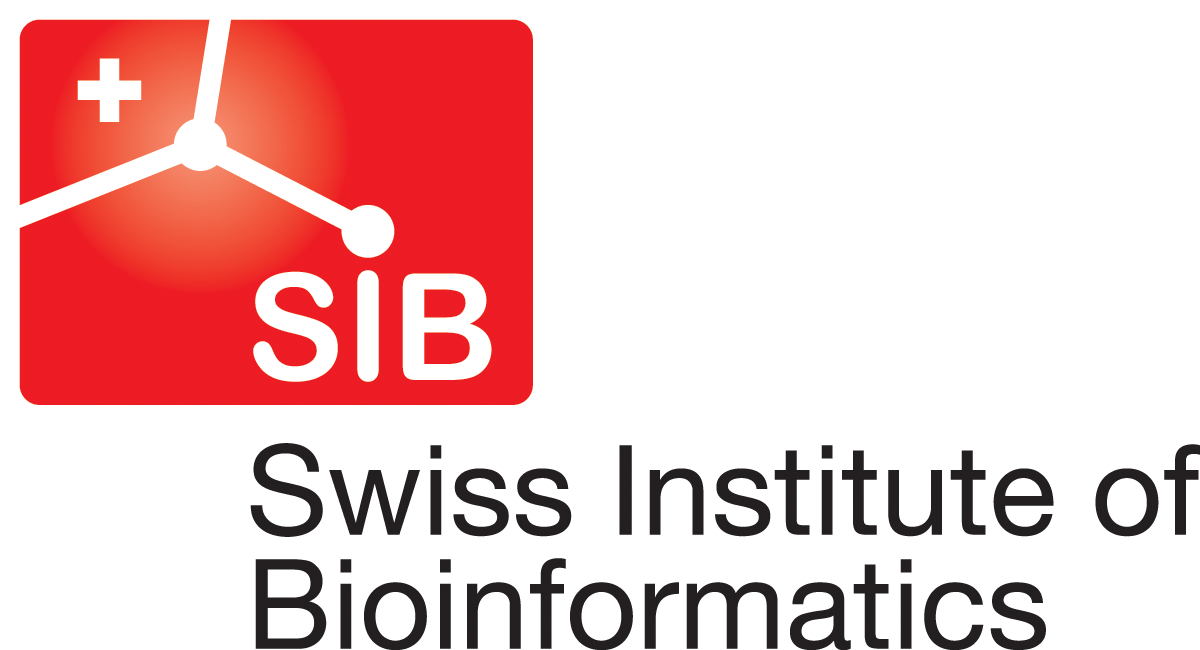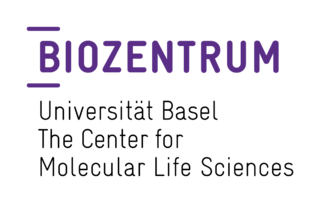Upgrade to Snakemake v9
The Nextstrain team
The Nextstrain managed runtimes have been pinned to Snakemake version 7 since 2023 to ensure that our pathogen workflows are stable and not affected by any breaking changes. However, we've realized that remote file support for user data would be better implemented with Snakemake's storage support that was introduced with Snakemake version 8. Since we need to make changes across many pathogen workflows for this upgrade, we've decided to upgrade directly to the most recent stable version, Snakemake version 9.
To update runtimes to the latest version, please follow our instructions on how to update an existing runtime.
If you are using a Nextstrain-maintained pathogen repo, please review the repo's changelog for any breaking changes and then update your local copy of the pathogen repository:
# Download and apply changes from the Nextstrain team.
# This only works if there is no conflict with your local repository.
git pull --ff-only origin <default-branch>
# OR:
# Alternately, download and apply changes from the Nextstrain team
# and then replay your local changes on top of those incoming changes.
git pull --rebase origin <default-branch>
If you are using a custom Snakemake workflow, you may need to make changes to your own workflow following Snakemake's migration guides.
If you want to delay the upgrade while you are making changes, you can temporarily
use older versions of the runtimes. For the Docker, AWS Batch, and Singularity
runtimes, use the image nextstrain/base:build-20250708T012131Z. You can specify
the image directly in your nextstrain build command:
nextstrain build --image nextstrain/base:build-20250708T012131Z .
For the Conda runtime, use the package nextstrain-base ==20250707T221156Z.
You must set up the runtime before running the nextstrain build command:
NEXTSTRAIN_CONDA_CHANNEL=nextstrain/label/main \
NEXTSTRAIN_CONDA_BASE_PACKAGE="nextstrain-base ==20250707T221156Z" \
nextstrain setup --force conda
nextstrain build --conda .
If you have questions or comments, please feel free to post to our discussion forum or create an issue in a pathogen GitHub repository.


















